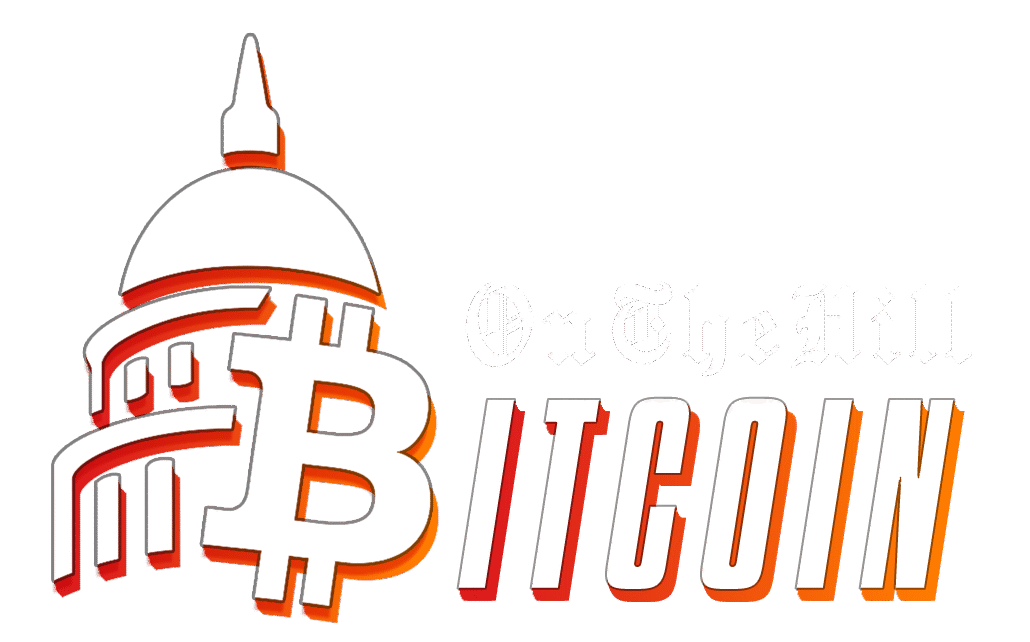Crypto’s “Decentralized” Facade Crumbles During AWS Outage
Crypto fans love to tout decentralization as the industry’s superpower, but that claim took a major hit during the recent AWS outage in October. When Amazon Web Services went down, a wave of chaos swept through some of the biggest names in crypto. Trading platforms, NFT marketplaces, and even entire blockchain networks ground to a halt, leaving users stranded and the crypto community scrambling for answers.
The irony didn’t go unnoticed. Crypto, which is supposed to run on decentralized infrastructure, suddenly looked a lot like any other tech sector—painfully dependent on a single corporate cloud provider. As the outage dragged on, frustrated users and critics called out the industry’s over-reliance on AWS, questioning whether crypto is truly as independent as it claims.
Regulators Take Notice: Is “Decentralization” Just Marketing Hype?
As the dust settles, regulatory agencies are watching closely—and sharpening their pencils. The U.S. Securities and Exchange Commission (SEC) and Commodity Futures Trading Commission (CFTC) have long scrutinized the crypto sector’s claims of decentralization. This outage gives them new ammunition to challenge the narrative crypto firms have used to avoid stricter oversight.
In fact, policy makers at agencies like the U.S. Treasury Department may now see centralized infrastructure as a systemic risk, with implications for both investor protection and financial stability. If a single point of failure like AWS can bring the crypto world to its knees, expect more calls for transparency around operational dependencies and even potential mandates for redundancy in critical financial infrastructure.
Political Fallout: Lawmakers Smell Blood in the Water
Don’t be surprised if this latest AWS meltdown becomes political fodder on Capitol Hill. Lawmakers who are already skeptical of crypto’s “Wild West” reputation now have a new reason to push for tighter regulation and increased accountability. Expect more hearings, more testimony, and possibly new legislative proposals aimed at making the industry live up to its decentralization promises.
Both parties are likely to seize the moment: Democrats may argue for consumer and investor protection, while Republicans could frame the issue as a matter of national security and technological resilience. Either way, the stakes are higher than ever, and the debate over crypto’s future just got a lot more political.
So, the next time someone tells you crypto is “decentralized,” you might want to ask: “But who’s running your servers?” The answer could have big implications—not just for your wallet, but for the future of financial regulation in America.





